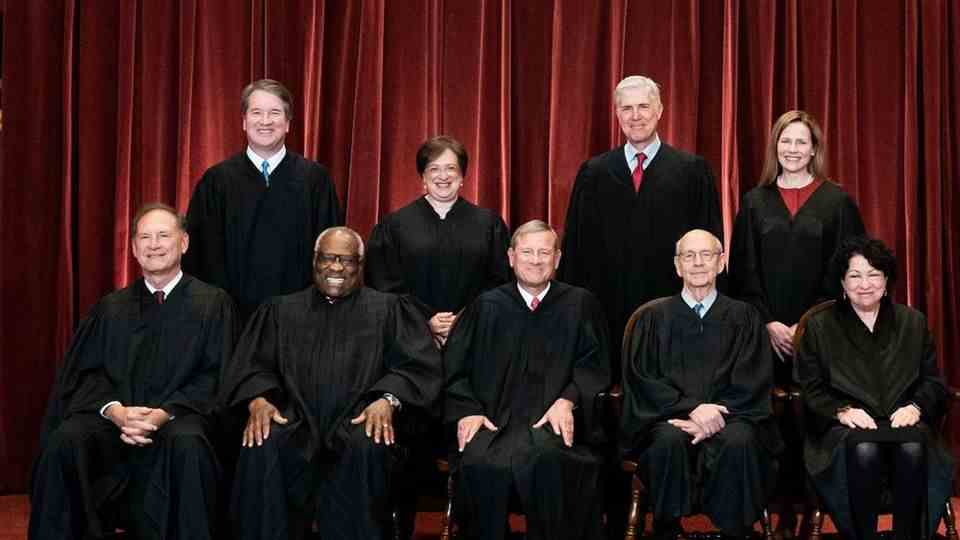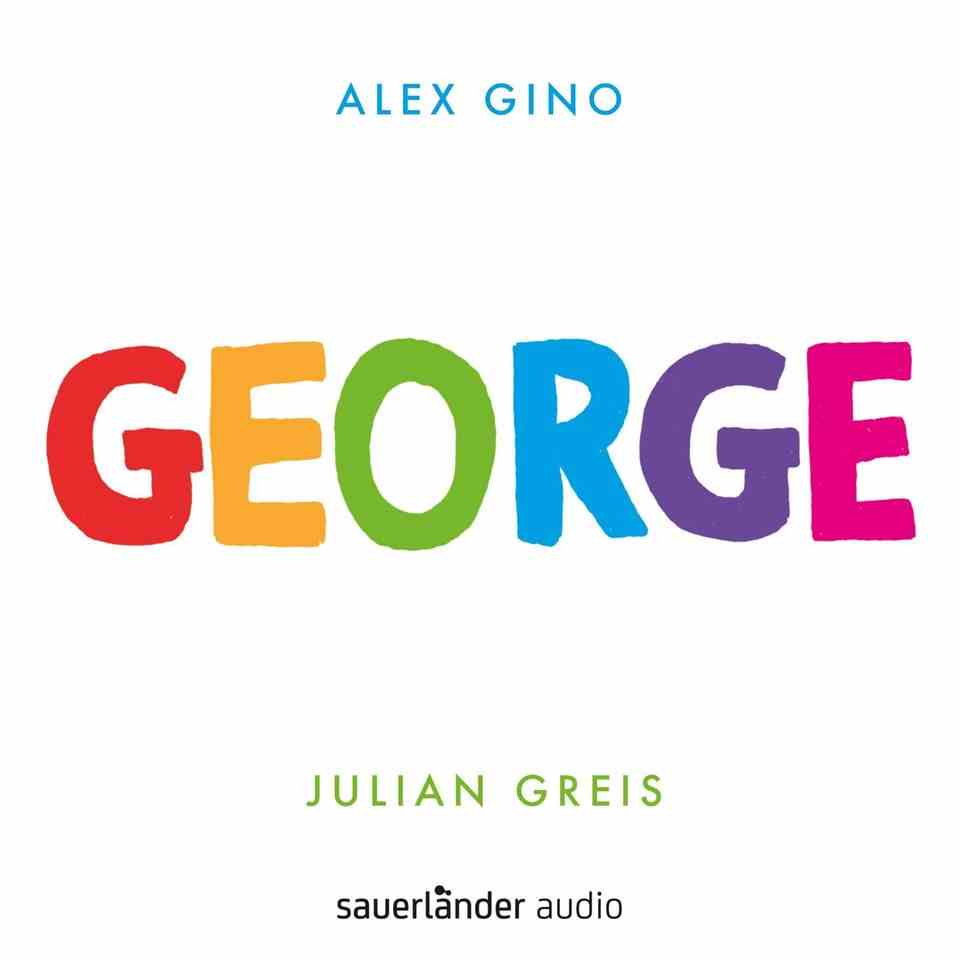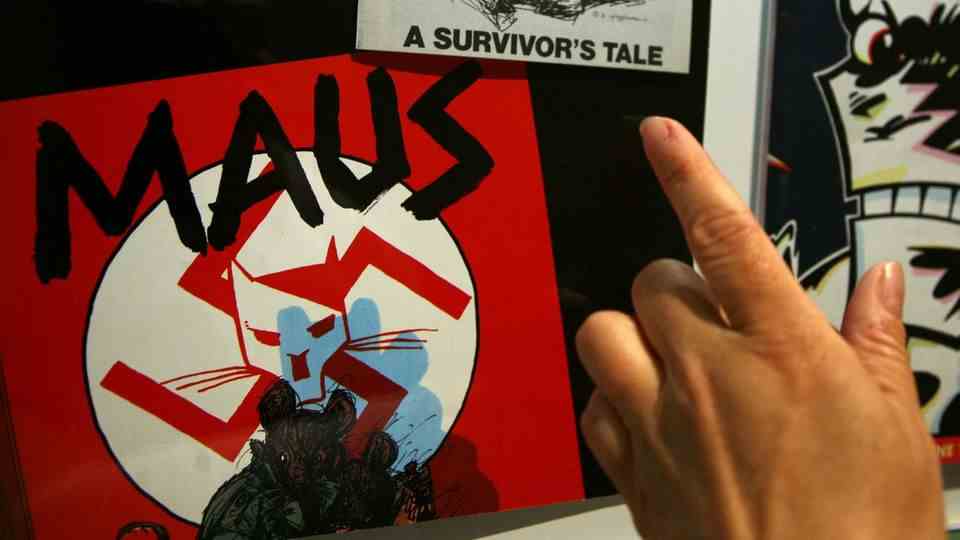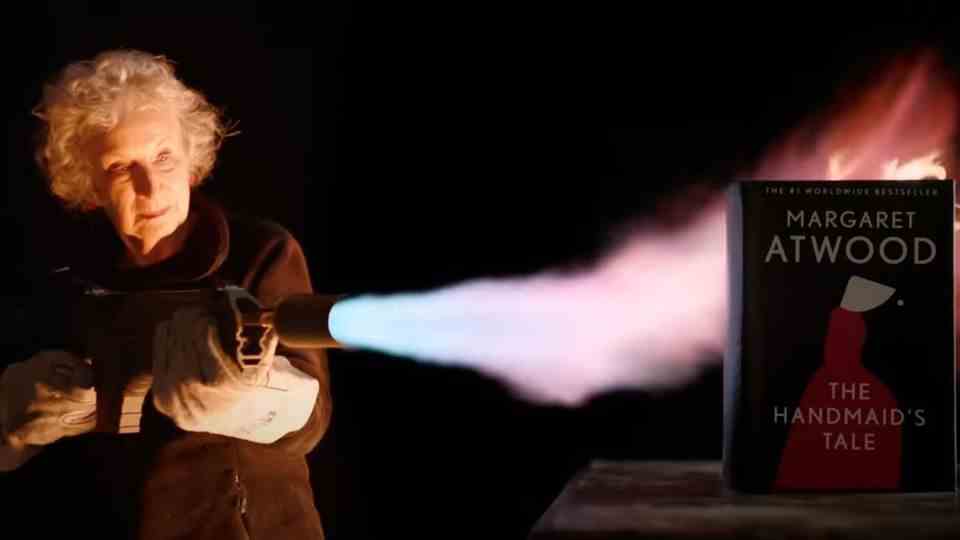They are works about racism, sex education or gender identity: According to Pen America, more and more works are being banned from schools in the USA due to pressure from parents and conservative groups.
According to a study, more than 1,600 book titles were banned in schools in the USA in the 2021/2022 school year. Local, school-level actions to challenge and remove books have morphed over the course of the school year into a broader social and political movement, sustained by regional, state and national groups, reports Pen America, a non-profit authors’ association dedicated to promoting freedom of expression in literature. The vast majority of books targeted by these groups feature characters who are LGBTQ+ or people of color and/or race and racism in American history, LGBTQ+ identities or sex education.
Pen America sees ideological campaign behind book bans
The recent effort to ban books is a coordinated campaign led primarily by a small number of well-resourced conservative interest groups, said Pen America executive director Suzanne Nossel according to the US broadcaster NBC News at a press conference. These ideologically motivated groups believe that parents do not have enough control over what their children learn. They argued that it should be up to parents to decide which books are accessible to their children and that they would try to protect children from content they cannot yet process.
“We all agree that parents deserve and have a say in the upbringing of their children. This is absolutely important,” the Pen boss quoted NBC as saying. “But that’s not really the point when parents are mobilized in an orchestrated campaign to intimidate teachers and librarians and dictate that certain books be taken off the shelves even before they’ve been read or rated. It’s going beyond the reasonable , parents’ legitimate right to exchange with the school.”
Traditionally, individual parents with concerns about book availability would go directly to a teacher or librarian to discuss the issue, Pen America writes. In the meantime, however, long lists of allegedly objectionable titles were circulating on the Internet and were passed on from one district to the next. Conservative groups and parents would google to find books with LGBTQ+ content and add them to a list of inappropriate books. School districts would then act on that list, and in almost all cases without regard to procedure or policy.
In addition, elected officials, including local office holders and governors, have spoken out on the issue, calling for “obscene” materials and even certain titles to be banned from school libraries. Restrictions would also come in the form of county-level policy changes and statewide laws. Pen America estimates that at least 40 percent of the bans listed are related to proposed or enacted legislation or political pressure from elected officials.
From July 2021 to June 2022, Pen America lists 2,532 individual book ban cases affecting 1,648 individual book titles — meaning some titles were targeted multiple times in different counties and states. The 1,648 titles come from 1,261 different authors, 290 illustrators and 18 translators, which affects the literary, scientific and creative work of a total of 1,553 people.
The figures are, according to Pen, documented cases of book bans that have been reported directly to the Authors’ Association and/or have been reported in the media. It is therefore assumed that there were probably more bans that were not reported.
According to its report, Pen America has identified at least 50 groups working at various levels to have books removed from the curriculum and school library shelves. They could be directly associated with at least 20 percent of the bans.
The author concerned speaks of proxy wars
According to the association, the phenomenon is relatively new. Almost three quarters of the groups were only founded in 2021 and have grown rapidly. This includes Moms for Liberty, which started last year and already lists more than 200 local groups on its website.
“I mean, there are no two sides to this question,” Moms for Liberty co-founder Tiffany Justice defended her commitment on CBS. “There are mothers who love their children and don’t want pornography in school, and then there are people who want pornography in school. I think that the subject of the book was used to marginalize and slander parents. The The truth is that pornography has no place in public schools.”
According to Pen America, the most banned books were Gender Queer: A Memoir by Maia Kobabe, followed by George M. Johnson’s All Boys Aren’t Blue and Ashley Hope Pérez’s Out of Darkness.
Pérez told NBC News it’s notable that her book was banned in 24 school districts because it was published in 2015 and only appealed last year. “The books are a smokescreen. It’s a proxy war against students who share the marginalized identities of the authors and characters in the attacked books,” she said at the Pen press conference. “It’s a political strategy. The goal is to stoke political engagement on the right by drawing even sharper lines around the targeted identities.”
The ban on books harms the students in several ways, Pérez emphasized. When a student shares an identity with a character in a book and that book is banned, it sends the message that stories about people like them are not appropriate for school. “When school leaders give in to this pressure, they place the questionable judgment of a handful of parents on the professional judgment and training of librarians and educators, and most importantly, on the needs of the students.”
Sources: Pen America, NBC News, NPR, “New York Times”





